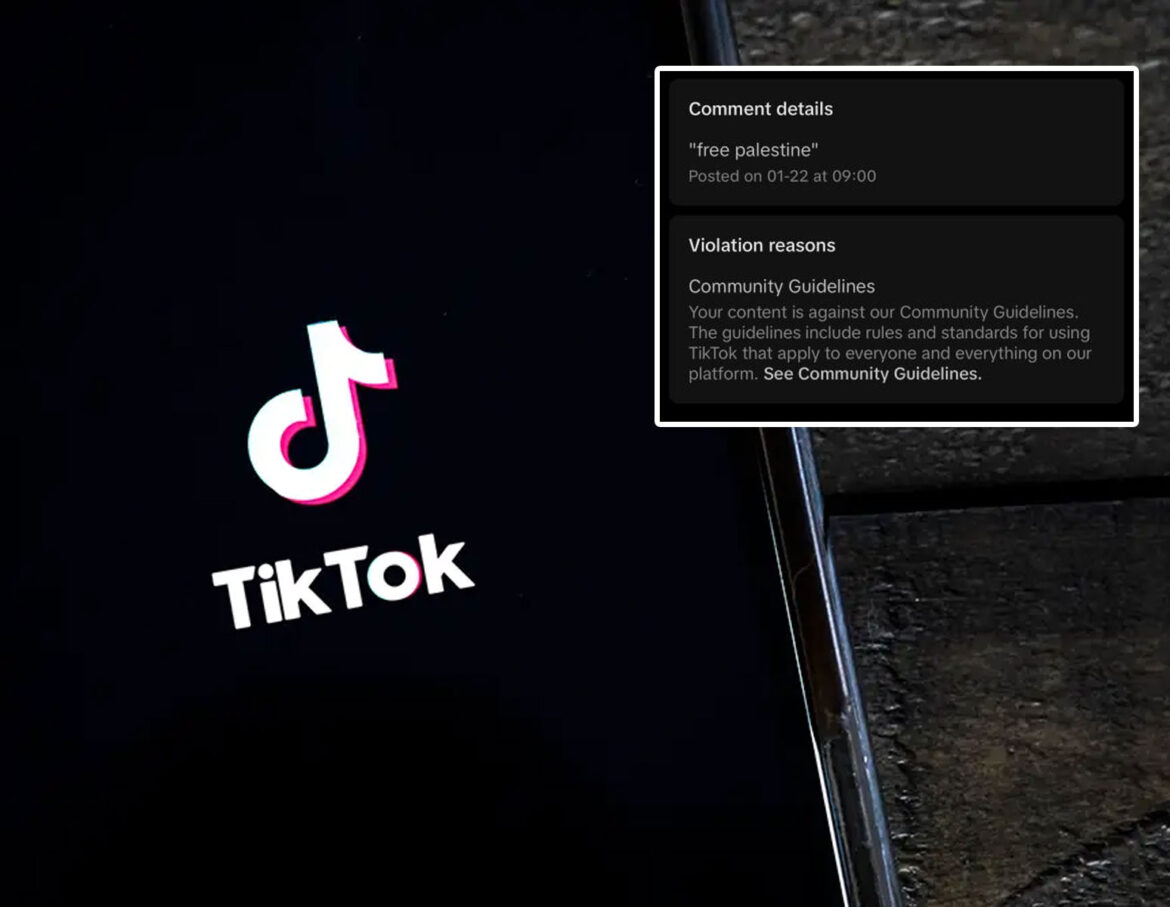Video-sharing platform TikTok is under fire after allegations surfaced that it censored pro-Palestinian content following its recent reinstatement in the United States. The app, previously banned by the Biden administration over concerns about Chinese influence, has faced criticism from users and activists alike.
Several TikTok users reported on social media that the platform flagged and removed comments containing phrases like “Free Palestine,” labeling them as violations of community guidelines, including hate speech. These actions sparked outrage, with critics accusing TikTok of succumbing to US political pressure.
Some commentators speculated that TikTok’s restoration in the US may have come with conditions, such as limiting content that challenges America’s political interests. While TikTok has not yet addressed these allegations, users shared video evidence and screenshots documenting their flagged comments, intensifying public scrutiny.
The controversy comes amid heightened tensions surrounding TikTok’s ownership. President Joe Biden previously pushed for TikTok to sell its US operations to an American company to address alleged national security risks linked to Chinese influence. The platform’s shutdown over the weekend left millions of American users in limbo, with many switching to another Chinese app, RedNote, known for its short-form video and e-commerce features.
The allegations also revived debates over free speech on social media. Critics suggested that the censorship could be a deliberate policy, while others theorized it might be a technical glitch.
Former US President Donald Trump had pledged to lift the TikTok ban upon assuming office, which eventually led to the platform’s restoration. However, recent events have reignited concerns about the implications of political influence on digital platforms.
This developing story underscores the complex intersection of technology, geopolitics, and free speech. TikTok’s response—or lack thereof—will likely determine how this narrative unfolds.



